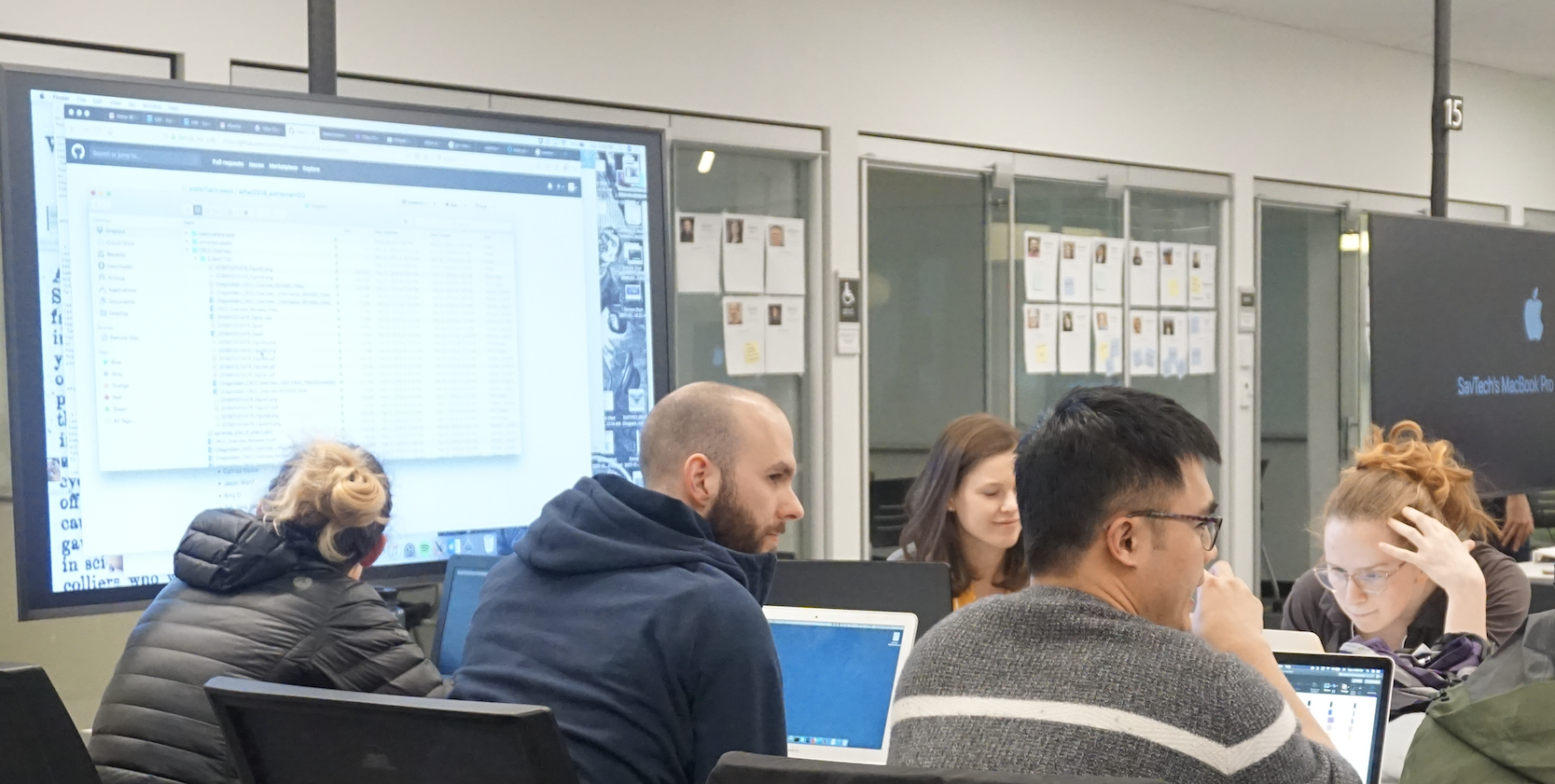Due to the outbreak of COVID-19, Waterhackweek 2020 has been rescheduled to August 31-September 4, 2020.
April 9, 2020 update: Waterhackweek 2020 programming has been moved entirely online during the rescheduled dates.
Applications for the fall’s virtual Waterhackweek have been reopened — apply now!







